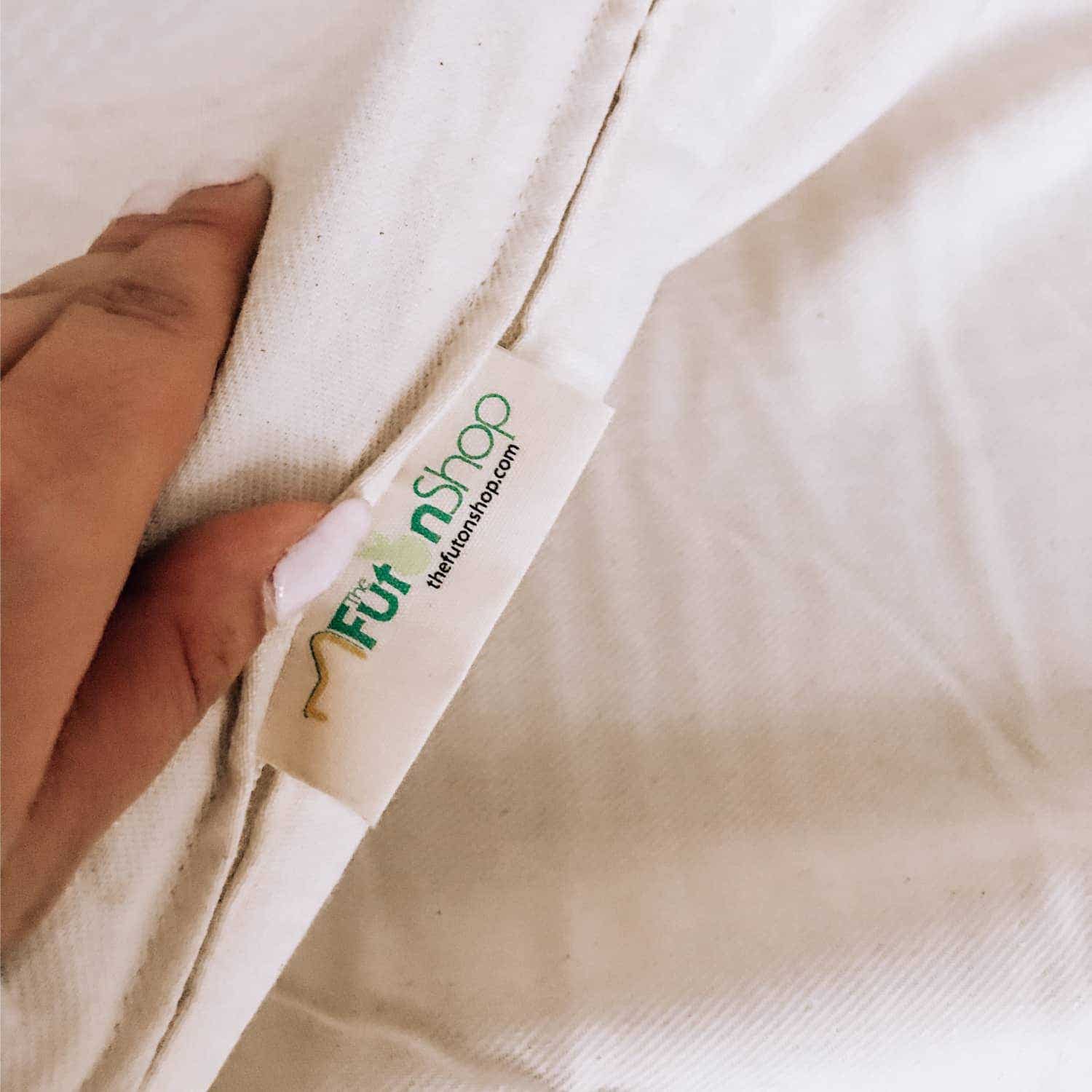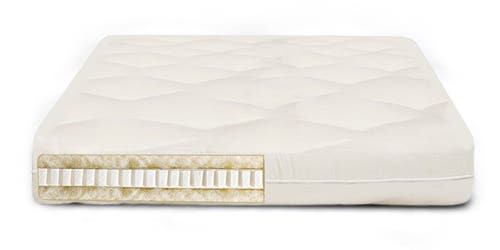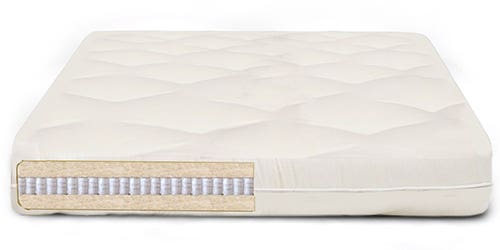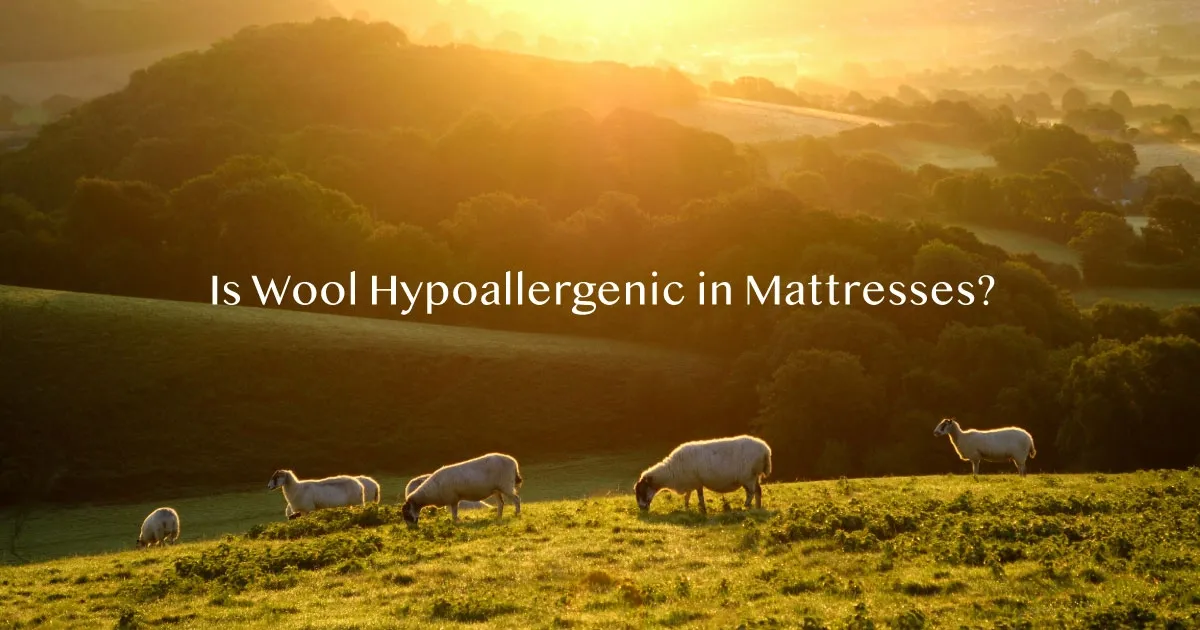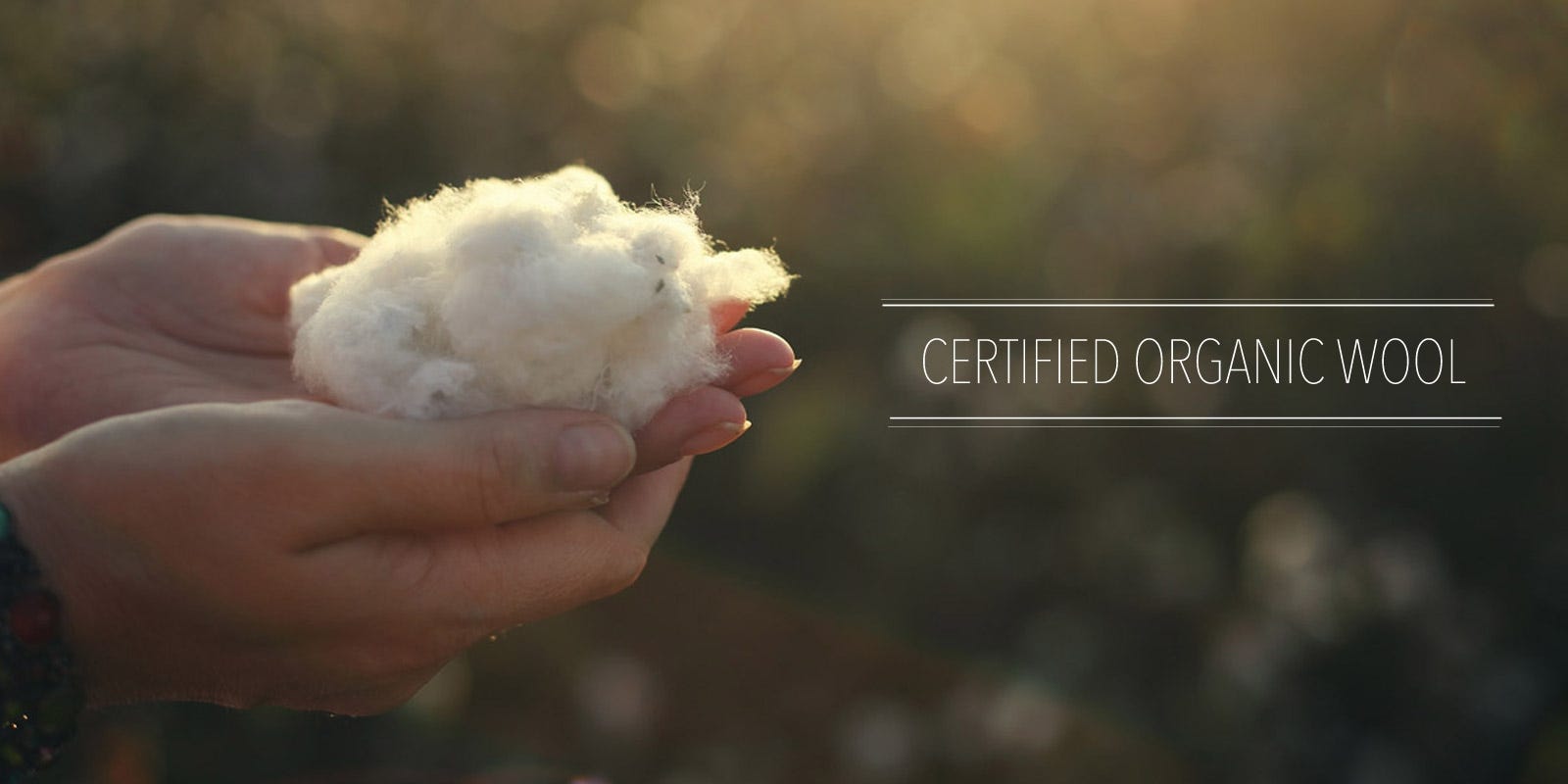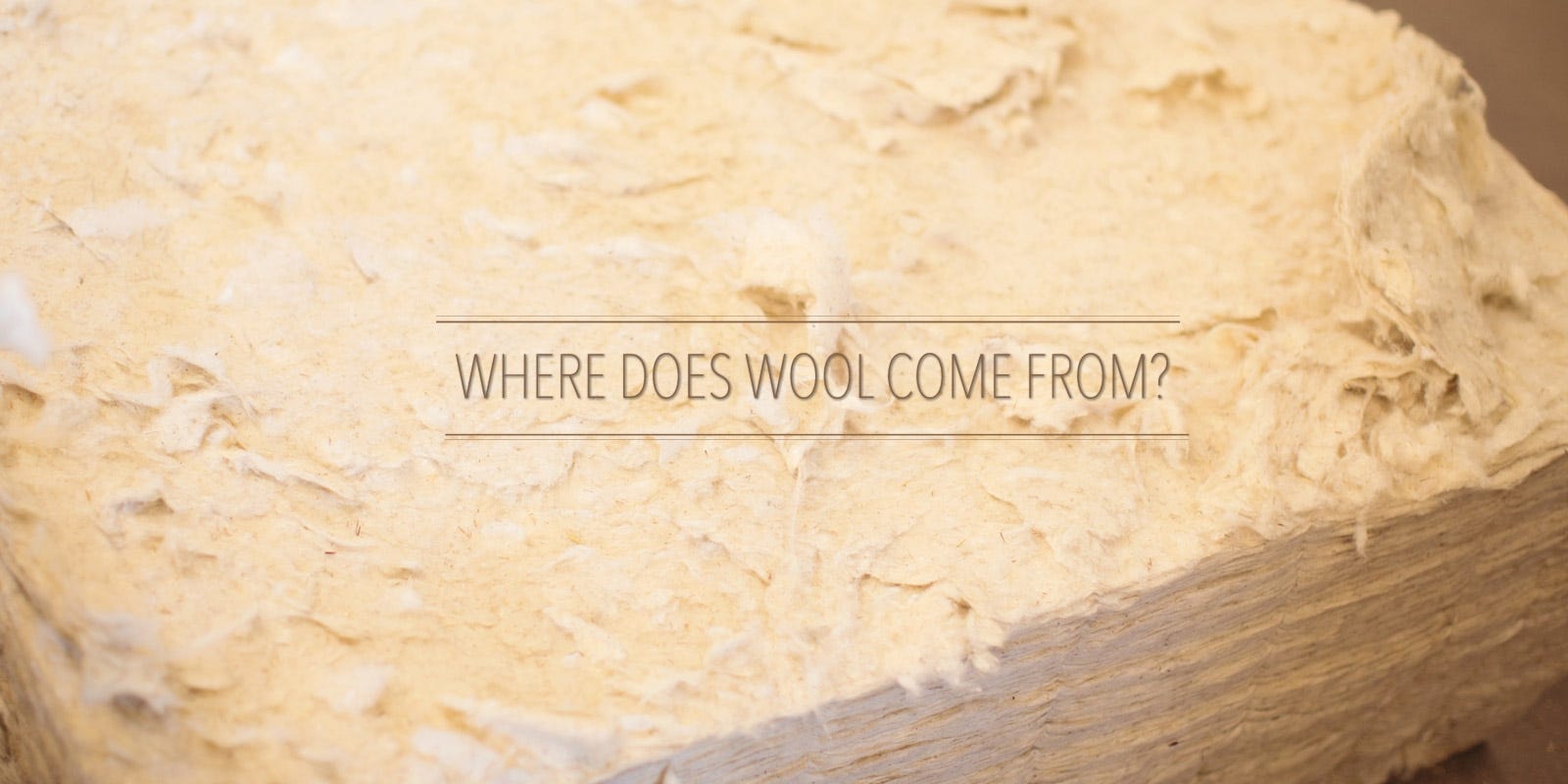
Where Does Wool Come From? - Sheep Shearing
Sheep shearing is the process by which the woolen fleece of a sheep is cut off. The person who removes the sheep's wool is called a shearer. Typically each adult sheep is shorn once each year (a sheep may be said to have been "shorn" or "sheared", depending upon dialect). The annual shearing most often occurs in a shearing shed, a facility especially designed to process often hundreds and sometimes more than 3,000 sheep per day.
The Shearer, is an expert and has handled thousands of sheep though their lifetime. The shearer holds the sheep in a certain way to keep the sheep calm and relaxed. Shearing a sheep is like a dance in which the shearer moves their feet in order to hold the sheep firmly but comfortably so the sheep does not move during shearing process.
Shearing does not hurt the sheep; it is just like getting a haircut at the barbershop. Shearing does require training. A shearing expert can shear a sheep in less than two minutes. This minimized the stress to the sheep. Most sheep are sheared with electric shears and the fleece is removed in one piece, although some sheep are sheared manually with scissors and hand blades. There is a world record by Ivan Scott from Ireland sheared a sheep in 37.9 seconds.
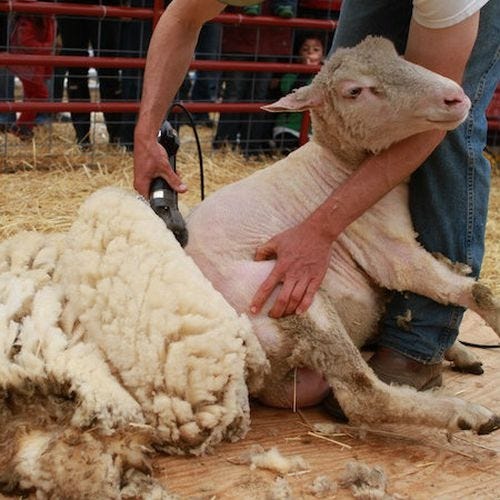
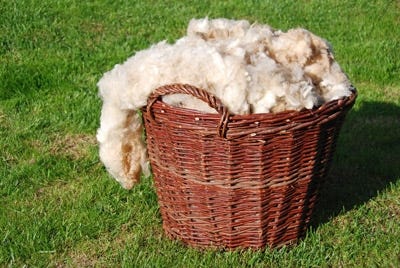
Organic sheep husbandry shows a love and caring towards sheep and a special attitude in raising the sheep and their offspring. Healthy husbandry processes set priorities on the welfare of the sheep’s wellbeing instead of maximizing profit taking. The willingness to work a little harder in order to give their animals better lives, pay off because in return, we get better quality wool.
Sheep are shorn in all seasons, depending on the climate, management requirements and the availability of a wool classer and shearers. Sheep shearing is also considered a sport with competitions held around the world. Today, large flocks of sheep are mustered, inspected, treated for parasites such as lice before shearing can start. Professional shearing teams working eight hour days, most often in spring, by machine shearing. Typical mass shearing of sheep today follows a well-defined workflow:
- remove the wool
- throw the fleece onto the wool table
- skirt, roll and class the fleece
- place it in the appropriate wool bin
- press and store the wool until it is transported.
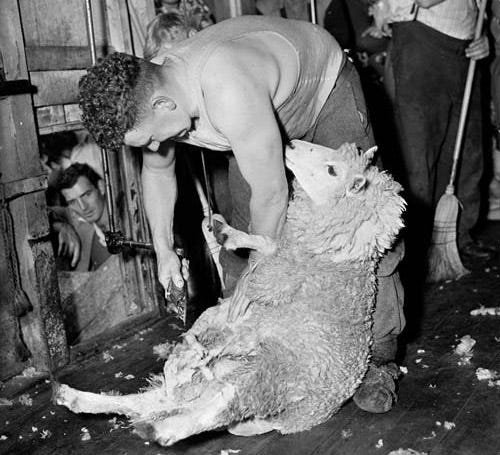
Wool removal
A sheep is caught by the shearer, from the catching pen, and taken to his “stand” on the shearing board. It is shorn using a mechanical handpiece. The wool is removed by following an efficient set of movements, devised by Godfrey Bowen in c. 1950, (the Bowen Technique) or the Tally-Hi method developed in 1963 and promoted by the Australian Wool Corporation.
Click to learn more about Why Should I Get A Chemical Free Mattresses?.
Click to check out some great organic wool mattresses.
Click to learn more about What Does Crimped Wool Mean?.
Will my wool mattress have an odor?
- Certified Organic Wool Vs Natural Wool Mattresses
- Is Wool A Natural Fire Retardant?
- What Does GOTS Certified Organic Wool Mean?
- What Are The Benefits Of A Wool Mattress?
- What Are The Benefits Of Wool In Mattresses?
- How Is Wool Harvested?
- How Do You Process Raw Wool Into Mattresses?
- What Are The Different Types Of Wool?
- What Are The Wool Bedding Benefits?
- How Do I Clean My Wool Mattress?
- Why Should I Choose A Wool Mattress?
- How To Make A Futon More Comfortable?
LEARN MORE

